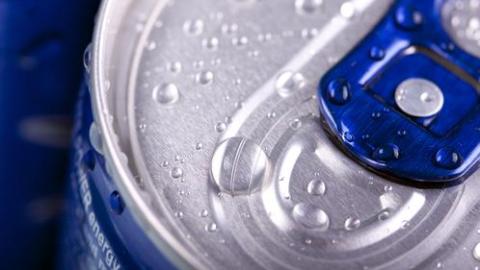Energy Drinks Improve Your Heart’s Performance

What’s the Latest Development?
Energy drinks improve certain heart functions, specifically left and right ventricular functions, according to a new study out of the University of Siena, Italy. In the study, 35 healthy individuals were given 168ml of an energy drink containing both caffeine and taurine. Results show that “energy drinks enhance contractions of both the left and right ventricles, thereby delivering a positive effect on myocardial function,” said Dr. Matteo Cameli, who led the study. “This could be explained by the inotropic effect of taurine that, as previously demonstrated, stimulates the release of calcium from the sarcoplasmic reticulum.”
What’s the Big Idea?
As the market for energy drinks has risen to stratospheric levels in recent years, along with the heart rates of those who drink them, health concerns have been expressed over their effects, such as increased blood pressure and the release of calcium from the heart. And while preliminary studies do show positive results, “future studies need to focus on whether such benefits persist after long term consumption of energy drinks, and what the effects are of consuming these drinks during physical activity.” Researchers say energy drinks are typically taken during all-night study sessions and to gain an advantage in sport.
Photo credit: Shutterstock.com





